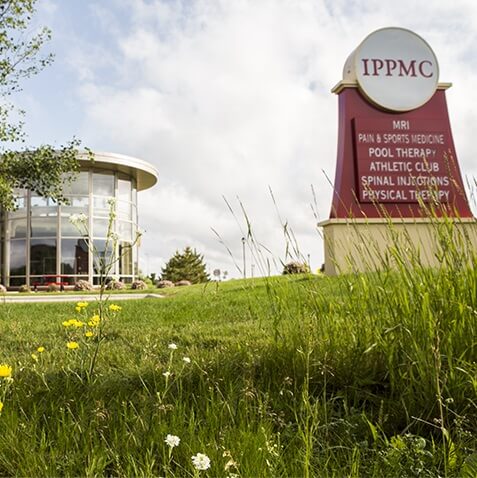Cancer Pain
What is cancer pain?
Cancer pain can be acute or chronic. It is a result of nerve damage and scarring caused by tumors and treatments, among other things. If left untreated, this pain can be physically and psychologically exhausting, and may lead to depression, anxiety, and sleep disorders. Cancer pain can be managed by pain medications and implantable pumps to provide ongoing relief.
What should I tell my doctor?
Since pain is a subjective experience and the only person who truly knows what the pain is like is the one who is having it, good communication with your doctor or nurse about the pain is an essential part of getting adequate treatment and an effective dose of pain medication.
To obtain relief, consult your pain physician as soon as possible. The sooner you do this, the better, because as pain gets more severe it can become more difficult to control. Don't let fear of being perceived as a "complainer" stop you from being your own advocate for appropriate pain control. Pain is a real experience for the majority of people with cancer, and it is your right to obtain the best treatment available.
Here is a checklist of things to discuss with your doctor or nurse:
- Tell them where it hurts, when it hurts, and how intense the pain is.
- Tell them what makes the pain feel worse and what makes it feel better.
- Tell them how quickly your pain comes on, how long it lasts and how often it occurs.
- If you are taking pain medications, be sure to discuss how much relief you get.
Discuss how the pain is affecting your life and what activities you are unable to perform because you are in pain. Include information about your appetite, your ability to sleep, and whether you can perform your normal daily functions.
Adapted from http://www.cancer-pain.org


